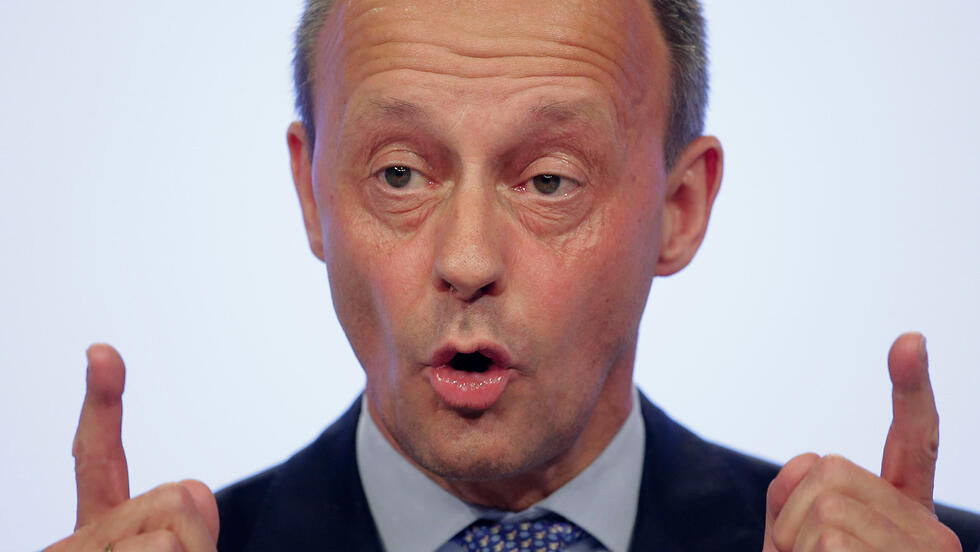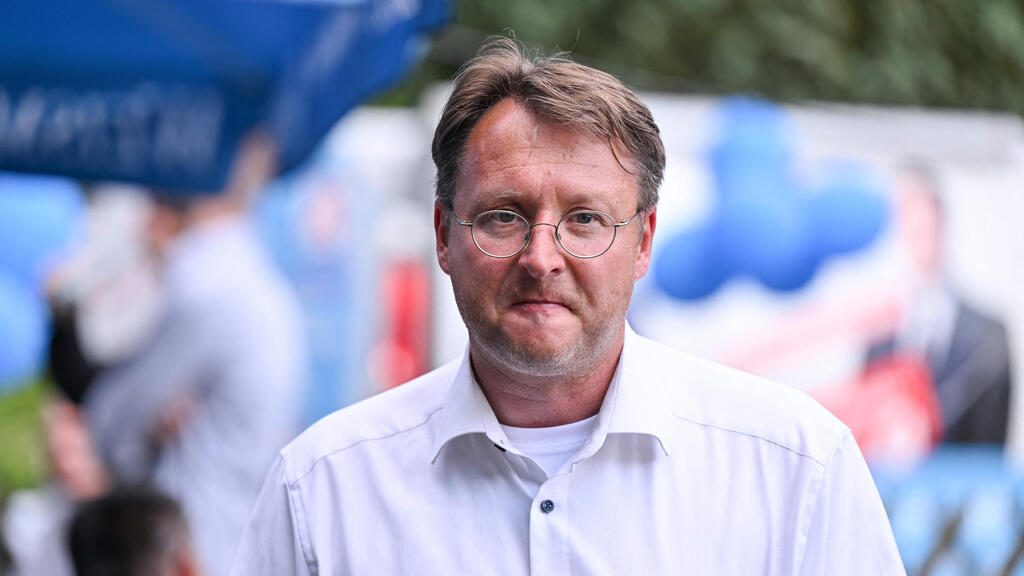Getting your Trinity Audio player ready...
The leader of Germany's main opposition Christian Democrats (CDU) Friedrich Merz on Monday rowed back from comments that he was open to working with the far-right Alternative for Germany (AfD) at a local level following a backlash from within his own ranks.
Read more:
Founded a decade ago, the nationalist, anti-immigrant AfD recently reached a new high in a national opinion poll but the idea of cooperating with the party has been taboo for Germany's mainstream politicians.
In a weekend interview with broadcaster ZDF, Merz said if a candidate from the AfD came to office as a district administrator or mayor, "it's natural to look for ways to then continue to work in that city."
Although Merz ruled out working with the AfD at the level of federal states or in the European parliament, his comments were enough to trigger a reaction from within the CDU and its partner, the Christian Social Union (CSU).
"To make it clear once again, and I have never said otherwise: the decision of the CDU still stands. There will also be no cooperation between CDU and the AfD at the municipal level," Merz wrote on Twitter.
The AfD's rise in popularity means it is polling at 22% nationally, behind Merz's CDU, which dropped one point to 26% in a recent survey, but ahead of Chancellor Olaf Scholz's Social Democrats as well as the two junior partners in his coalition.
An AfD candidate last month won a vote to become a district leader in Europe's biggest economy for the first time, a breakthrough for the party that taps into voter fears about recession, migration and the green transition, say analysts.
The party opposes economic sanctions against Moscow over the Ukraine war and disputes that human activity is a cause of climate change. Its rise has prompted scrutiny from Germany's domestic intelligence agency, which said this month that far-right extremism posed the biggest threat to democracy in Germany and warned voters about backing the AfD.
"The AfD only knows opposition and division," said the CDU mayor of Berlin Kai Wegner on Twitter. "Where should there be collaboration? The CDU cannot, does not want to and will not work with a party whose business model is hatred, division and exclusion."
Reporting by Reinhard Becker; Writing by Miranda Murray and Matthias Williams; Editing by Lincoln Feast and Tomasz Janowski



